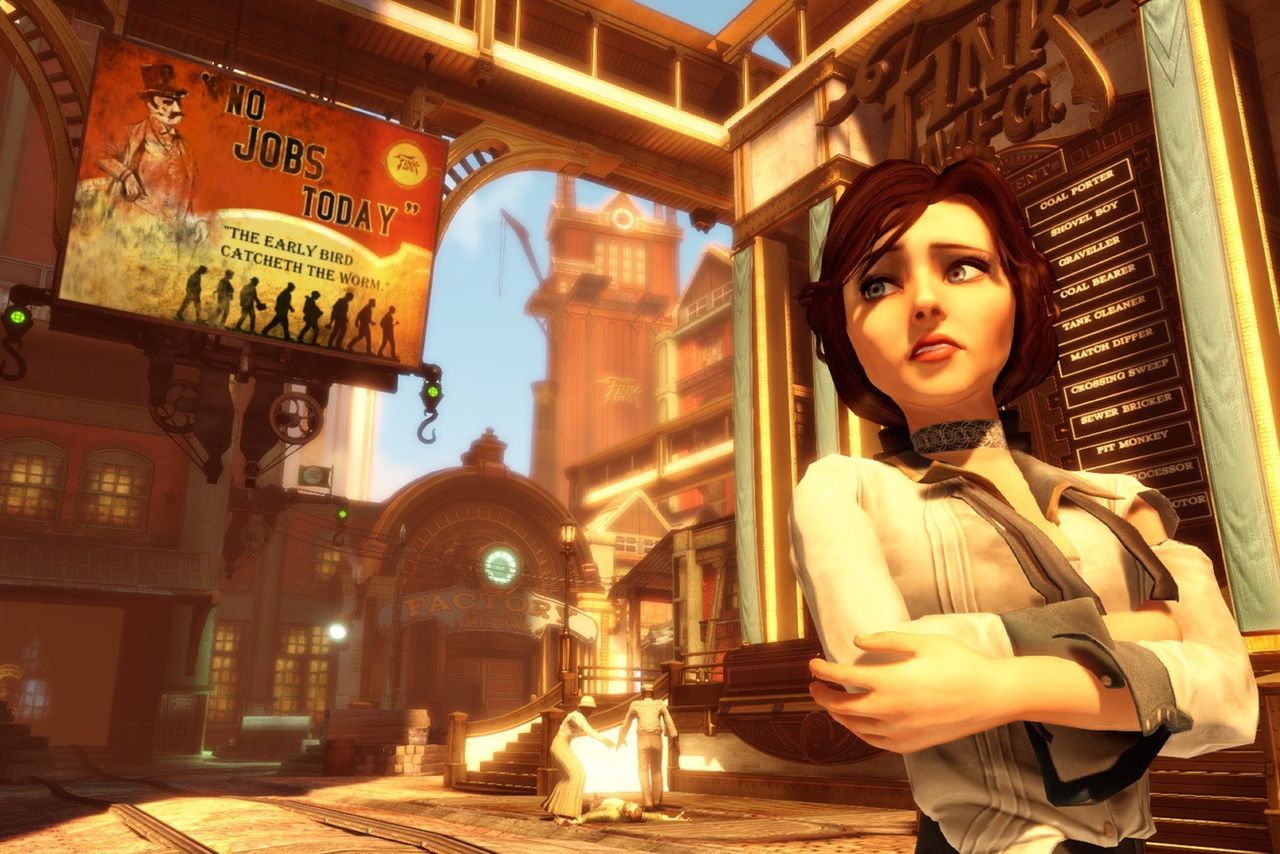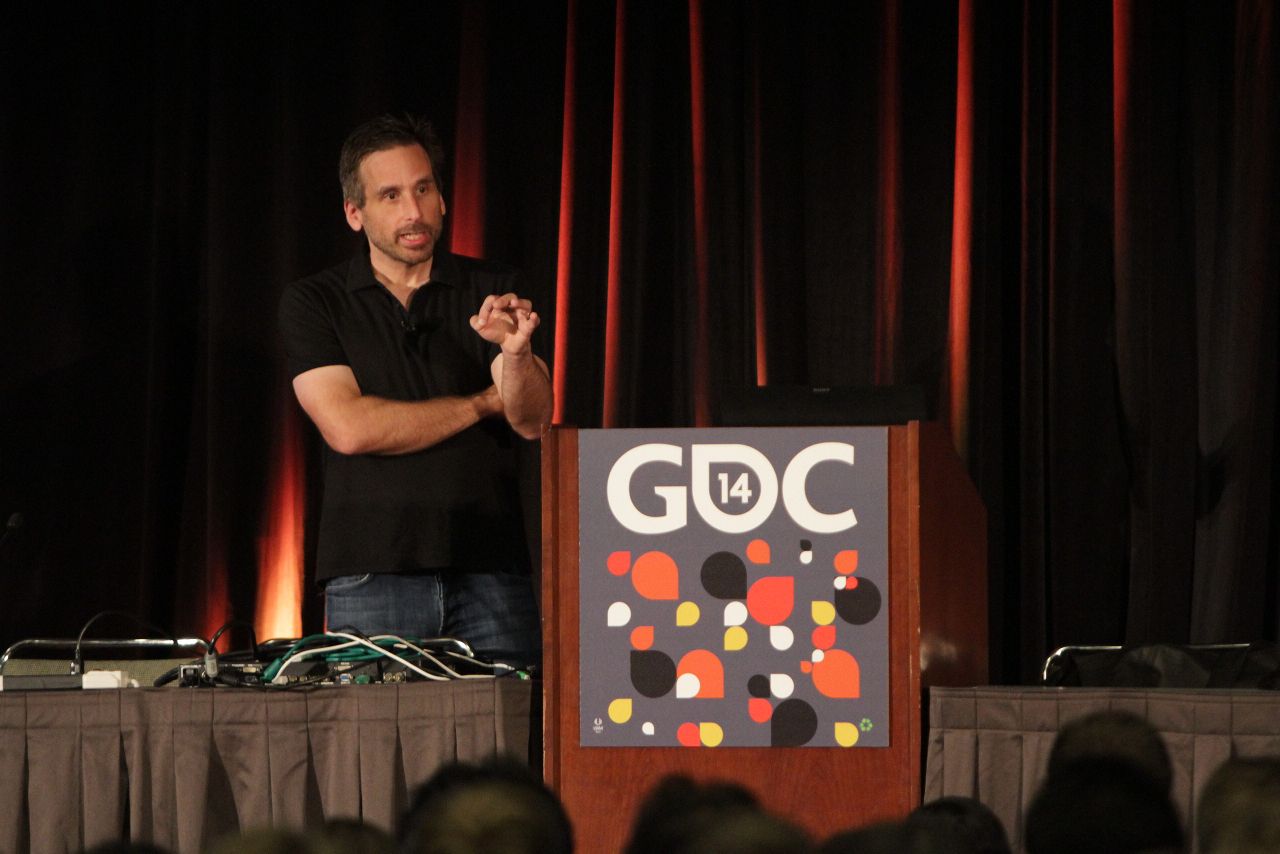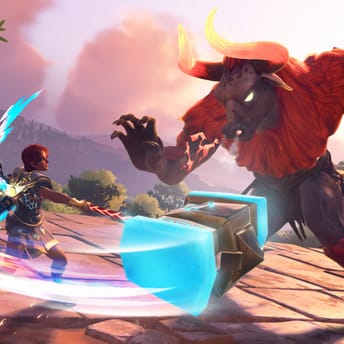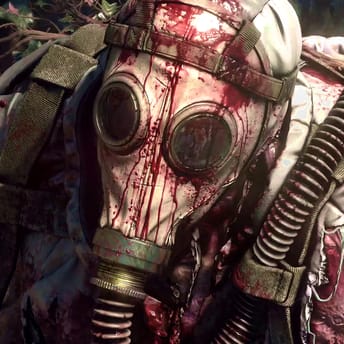Bioshock Creator: “We Still Don’t Really Know What It Is, What Games Are”

|
|
Key points
- As of March 31, 2024, the BioShock series has sold approximately 43 million copies worldwide.
- Ken Levin states that the game dev industry is 50 years old, and we still don’t really know what games are.
- The new IP Levin is working on at Ghost Story Games has the title Judas.
American video game developer, co-founder of Ghost Story Games and creative director who led the creation of the BioShock series shares his view on player-driven narratives, AI’s role in game design, and the challenges of creating new IP.
In a recent interview with gamesindustry.biz, Ken Levine shared insights into his approach to narrative-driven games, the challenges of player agency, and how new technologies like generative AI could shape the future of game design.
BioShock’s creator, who has been redefining video game narratives for a long time already, revealed that while game graphics and production quality have advanced significantly, the industry still has untapped potential when it comes to immersive and interactive storytelling. The debut game, titled Judas, from his new studio Ghost Story Games, is an ambitious attempt to push the boundaries of narrative design by allowing players to shape the story through their actions and relationships with in-game characters.
“It’s very easy to show gamers a story. The harder part is to get them to participate in it and react to how they participate,” explained Ken, emphasizing the core challenge behind the creation of dynamic, player-driven narratives. Focus on interactivity is central to Judas, which is designed to react to player choices in a way that feels organic, unlike traditional narrative structures where the story unfolds the same way for every player.
Levine is keen to create a game where the player’s decisions have a genuine impact on the world and the characters within it. “Our industry is over 50 years old, and we still don’t really know what it is, what games are,” he said. “By the time movies were 50 years old, they were making Citizen Kane. […] they had it pretty well figured out by the 1940s – we haven’t.” Ken reflected that now he thinks about it as an exciting feature, not a bug, because even with his experience in the field, he saves the approach that allows him to try some strange features and see if they work. This type of mindset is part of what makes the upcoming Judas such an intriguing project: it challenges not only traditional storytelling but also how players engage with the game world.

One of the key obstacles in creating truly interactive narratives, according to Levine’s explanation, is balancing authorial control with gamer agency. Unlike films or books, where the audience experiences the story in a fixed, predetermined way, video games allow for much more player-driven input, which can complicate the pacing and coherence of the story. Ken is particularly focused on how to make player decisions feel important and how to validate their role in the narrative without sacrificing the integrity of the overarching story.
“It’s about how you respond to the players’ desire to participate and how you make them feel that their decisions are important,” he said. “Otherwise, we should just make a movie.” Livine also noted that such a dynamic introduces challenges not only in the development of storylines but also in the maintenance of the game’s pacing, particularly in games like Judas, where the stakes are high, and the world is rapidly falling apart.
Generative AI is another technology that co-founder of Ghost Story Games believes has potential, although he remains cautious about its current capabilities in game design. While AI has made strides in certain areas, such as bug detection and analytics, Levine pointed out its limitations in creating compelling, long-form narratives. “Computers do not know how to improvise,” said Levine, referencing the challenge of making AI understand the complexity of player interactions and responses.
Despite all the concerns, Ken sees possibilities in using AI to enhance games, especially in terms of generating personalized experiences based on player actions. However, he remains unconvinced that AI could ever replace the human touch required to create emotionally resonant and meaningful stories.
For the creative director of the BioShock series, the balance between player agency and developer-driven narrative is essential to crafting an engaging game trying to give players more space to explore and make meaningful choices.
As for the impact of player choices on the narrative’s direction, Levine took a somewhat unconventional stance. He expressed little belief in the idea of a “canon” ending in video games, emphasizing that the player’s experience should always take precedence over the developer’s vision. “I don’t really believe in authorial intent,” he said. “The user’s experience of the art is central, not the artist’s.” This philosophy underscores Levine’s commitment to making games that are deeply personal and responsive to the player’s unique journey.
Ken also discussed the challenges of creating new IPs in an era dominated by established franchises. While stepping away from the BioShock series that sold approximately 43 million copies worldwide wasn’t easy, he saw an opportunity to take risks and develop something fresh. “It wasn’t easy to step away from BioShock, but I saw an opportunity to take on some risk creating a new IP,” he shared. “I’m incredibly fortunate that Take-Two put their faith in me.”
Take-Two Interactive, Ghost Story’s owner, expects Levine’s new game Judas to be released by March 2025 at the latest.














